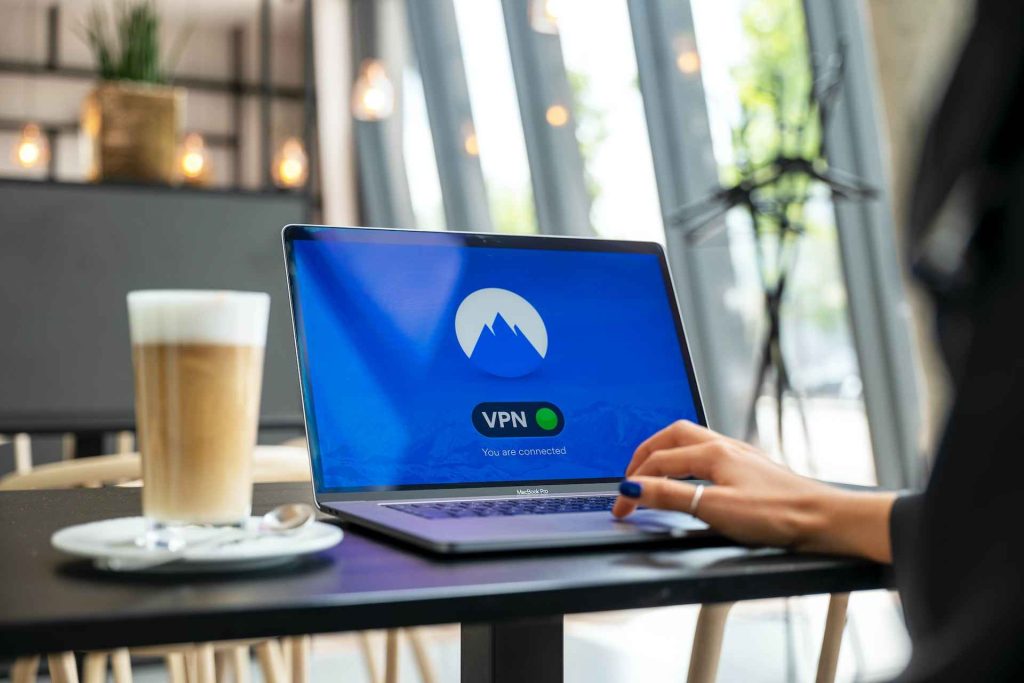The Internet has become an indispensable tool for communication, education, entertainment, and business. However, some websites are restricted in certain countries, workplaces, or schools due to various reasons, such as government censorship, network security policies, or content restrictions.
While a Virtual Private Network (VPN) is a common solution to bypass such restrictions, it may not always be the most convenient or effective option. VPNs require a subscription fee, may slow down your internet speed, and may be subject to geo-restrictions or government scrutiny. Therefore, there are alternative ways to access restricted websites without using a VPN.

In this article, we will explore some of these methods and explain how they work. We will also discuss why VPNs may not always be suitable and provide advice on how to stay safe while accessing restricted websites. Additionally, we will delve into the topic of accessing restricted gambling websites, as this is one of the most common types of restricted websites.
Accessing Restricted Websites Without a VPN
If you are unable or unwilling to use a VPN, there are alternative methods to access restricted websites.
A proxy server acts as an intermediary between your device and the internet. It masks your IP address and location by routing your internet traffic through a different server. This can help you access websites that are blocked in your region or network. There are many free proxy servers available online, but it’s important to use a reputable and secure one to avoid potential risks. Some popular proxy servers include HideMyAss, ProxySite, and KProxy.
The Tor browser is a free and open-source browser that encrypts your internet traffic and anonymizes your online identity by bouncing your connection through a network of volunteer-run servers called nodes. It is designed to protect your privacy and bypass internet censorship. However, since Tor is often associated with illegal activities, some networks may block access to it. Additionally, using Tor may slow down your internet speed due to the multiple relays involved in the process.
A Domain Name System (DNS) server is responsible for translating domain names (e.g., google.com) into IP addresses (e.g., 216.58.194.174). By default, your device uses the DNS server provided by your Internet Service Provider (ISP). However, you can change your DNS server to one that is not subject to the same restrictions as your ISP. This can help you bypass website blocks. Some popular DNS servers include Google DNS, Cloudflare DNS, and OpenDNS.
To change your DNS server settings on Windows:
- Go to Control Panel > Network and Sharing Center > Change adapter settings
- Right-click on your active network connection and select Properties
- Select Internet Protocol Version 4 (TCP/IPv4) and click Properties
- Select “Use the following DNS server addresses” and enter the IP addresses of your preferred DNS servers
- Click OK and restart your browser
To change your DNS server settings on Mac:
- Go to System Preferences > Network
- Select your active network connection and click Advanced
- Select the DNS tab and click the “+” button to add a new DNS server
- Enter the IP address of your preferred DNS server and click OK
- Click Apply and close the window
If you know the IP address of the website you want to access, you can type it directly into your browser’s address bar instead of the domain name. This can help you bypass DNS restrictions or blocks on specific domain names. However, this method may not work if the website is hosted on a shared server with other websites or if the server’s IP address is also blocked.
By using these alternative methods, you can potentially bypass restrictions on specific websites without the need for a VPN. However, it’s important to note that these methods may not always work, and there may be other risks or limitations involved. It’s always a good idea to do your research and use reputable and secure services to protect your online privacy and security.
Gambling and Restricted Websites
Gambling is a heavily regulated industry in many countries, and some governments may impose restrictions or bans on certain types of online gambling activities. As a result, accessing gambling websites may be challenging for some users. Here are some things to consider:
Gambling laws vary by country and region, and it’s important to understand the legal landscape before engaging in any online gambling activities. Some countries may have strict laws against online gambling, while others may have more permissive regulations or operate state-run online casinos.
There are many online gambling websites that may be restricted or blocked in certain countries or regions. For example, some countries may block access to offshore gambling websites, while others may ban certain types of games or bets. The Hindustan Times’ list of restricted gambling websites in India is a good resource for understanding which websites may be blocked or restricted in that country.
If you are unable or unwilling to use a VPN to access restricted gambling websites, there are alternative methods to consider. One option is to use a proxy server or the Tor browser, as discussed earlier in this article. Another option is to use a Smart DNS service, which can help you bypass website blocks and access restricted content.
Smart DNS services work by rerouting your DNS queries through a server located in a different region or country. This can help you bypass geolocation restrictions and access websites that are blocked in your area. Some popular Smart DNS services include Unlocator, OverPlay, and UnblockUs.
It’s important to note that using these methods to access restricted gambling websites may be illegal or against the terms of service of some websites. Additionally, these methods may not always work, and there may be other risks or limitations involved. Always do your research and use reputable and secure services to protect your online privacy and security.
Why VPNs might not be suitable
While VPNs are a popular choice for accessing restricted websites, they may not always be suitable for everyone. Here are some reasons why:
Some VPNs require a subscription fee, which can be a significant expense for some users. While there are free VPNs available, they may come with limitations or risks, such as limited bandwidth, restricted server locations, and potential data leaks or security breaches.
Using a VPN can slow down your internet speed due to the extra encryption and routing involved in the process. This can be especially noticeable when streaming or downloading large files, which can take longer to load or transfer. Some VPNs may also experience server congestion during peak hours, which can further slow down your connection.
Some VPNs may impose bandwidth caps or limits, which can restrict your online activities or cause unexpected overage charges. This can be especially problematic for users who stream or download a lot of content, as these activities can consume a lot of bandwidth.
While VPNs are designed to enhance your online security and privacy, they can also introduce new risks or vulnerabilities. For example, some VPNs may keep logs of your online activities, which can be used for surveillance or data mining purposes. Additionally, some VPNs may be subject to government subpoenas or data retention laws, which can compromise your privacy.
It’s important to choose a reputable and trustworthy VPN provider if you decide to use one. Look for a provider that offers strong encryption, a no-logging policy, and clear information about their data protection practices. Additionally, consider the cost, speed, and bandwidth limitations of different VPNs before making a decision.
Overall
Accessing restricted websites without a VPN may be challenging, but it’s not impossible. By using alternative methods like proxy servers, the Tor browser, DNS servers, and IP addresses, you can potentially bypass website blocks and access restricted content.
While VPNs are a popular choice for accessing restricted content, they may not always be suitable for everyone. Some VPNs can be expensive, slow down your internet speed, or have limited bandwidth. Additionally, using a VPN can introduce new security risks or vulnerabilities if you choose an unreliable or untrustworthy provider.
It’s important to consider your specific needs and circumstances when choosing how to access restricted websites. If you’re interested in accessing online gambling websites, be sure to understand the legal landscape in your area and consider alternative methods like Smart DNS services.
Remember to always prioritize your online privacy and security, and use reputable and trustworthy services to protect your personal information and data.
Disclosure: If we like a product or service, we might refer them to our readers via an affiliate link, which means we may receive a referral commission from the sale if you buy the product that we recommended, read more about that in our affiliate disclosure.
Read More: World News | Entertainment News | Celeb News
Tech Follows




